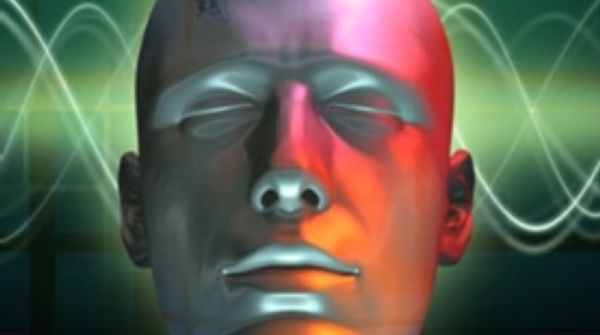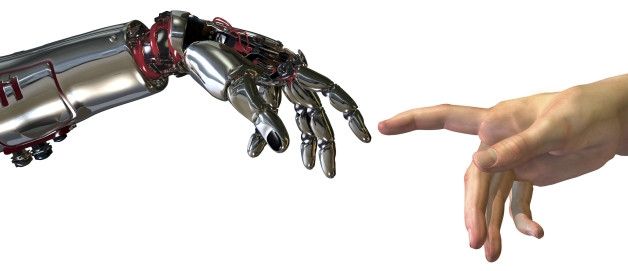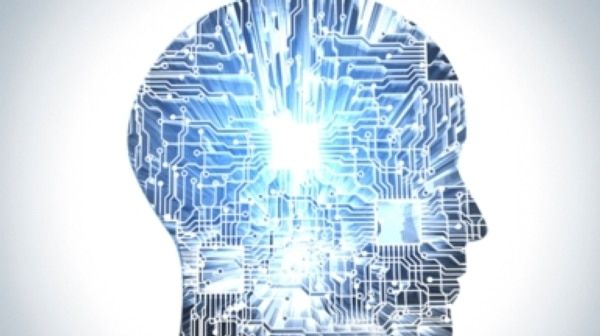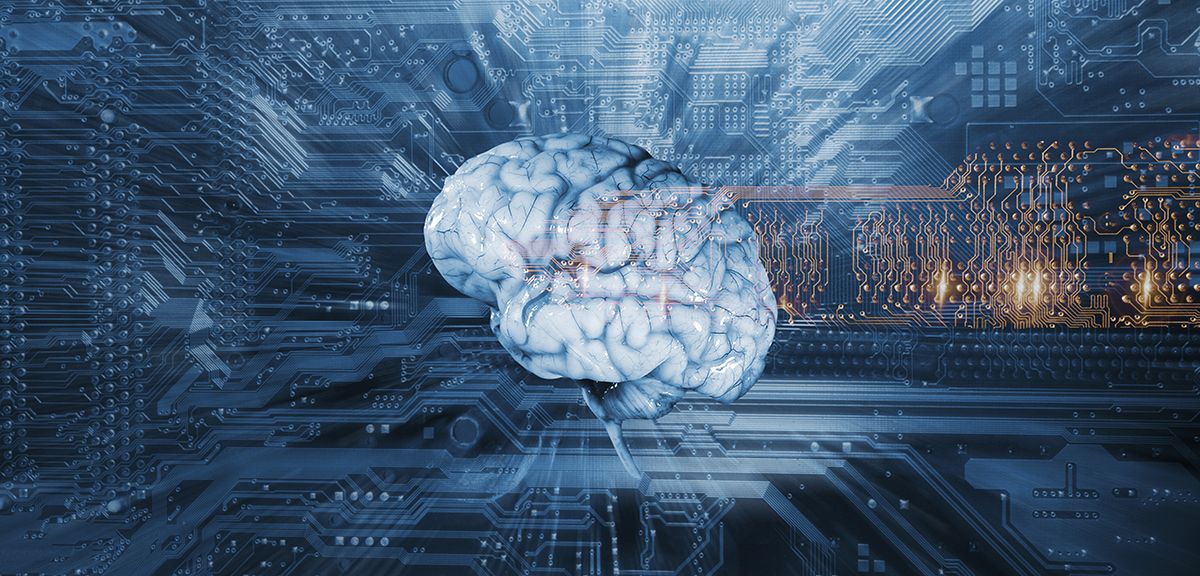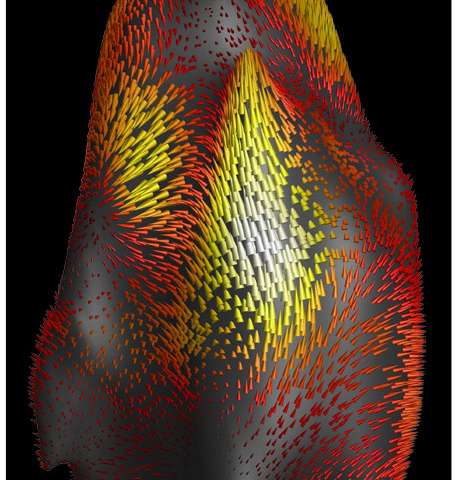Mar 10, 2016
Machine learning underpins data-driven AI: Una-May O’Reilly
Posted by Karen Hurst in categories: biotech/medical, computing, health, information science, robotics/AI
Another data scientist with pragmatic thinking which is badly needed today. Keeping it real with Una-May O’Reilly.
Mumbai: Una-May O’Reilly, principal research scientist at Anyscale Learning For All (ALFA) group at the Massachusetts Institute of Technology Computer Science and Artificial Intelligence Laboratory, has expertise in scalable machine learning, evolutionary algorithms, and frameworks for large-scale, automated knowledge mining, prediction and analytics. O’Reilly is one of the keynote speakers at the two-day EmTech India 2016 event, to be held in New Delhi on 18 March.
In an email interview, she spoke, among other things, about how machine learning underpins data-driven artificial intelligence (AI), giving the ability to predict complex events from predictive cues within streams of data. Edited excerpts:
Continue reading “Machine learning underpins data-driven AI: Una-May O’Reilly” »

